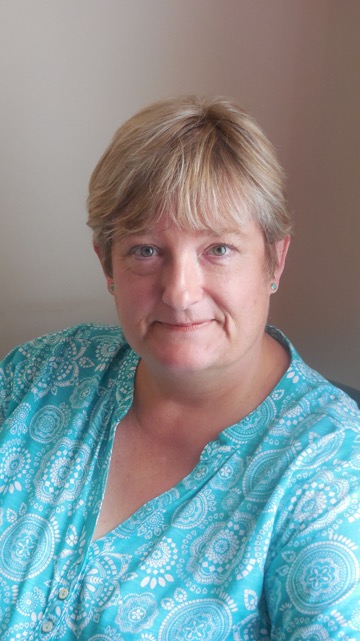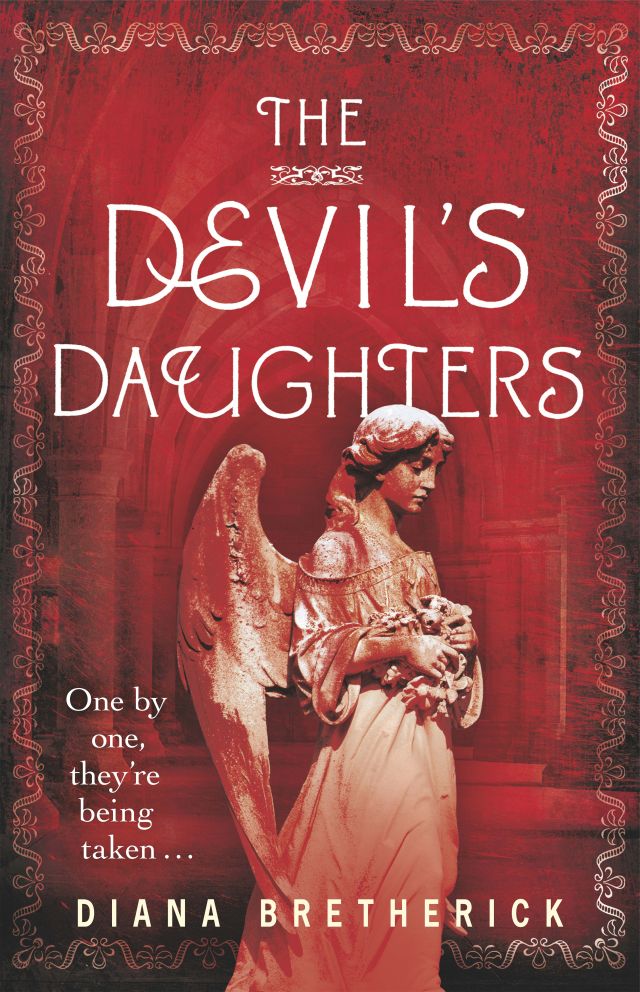You've got to be in it to win it: Diana Bretherick looks at the importance of entering writing competitions.

‘Are you sitting down?’
I was asked this just before I was told that I had beaten 7,000 entrants to win the Good Housekeeping Magazine New Novel Competition of 2012. I think my reply was ‘Blimey!’
Until then I had always thought of competitions of all kinds as something that other people won. Fortunately that had never stopped me from entering them but this was the first time I had got anywhere. The prize had several components - the chance of publication, a generous advance and the help of an agent. It was described as potentially life changing and it has certainly lived up to that. From being unpublished and facing fighting my way to the top of the slush pile with everyone else, I am now a full time writer with an agent, two novels out and a third in the planning stages.
The book that won the competition, my historical thriller ‘City of Devils’, went on to be selected for the ‘Best Read’ category of the Specsavers ITV 3 Crime Thriller awards for 2013. An interview with me was shown on the Crime Thriller Book Club on ITV3 and my book was reviewed by bestselling authors Mark Billingham, Kate Mosse, Lee Childs and Peter James. I attended an awards dinner at the Royal Grosvenor Hotel and got to sit next to one my writing heroes, Ian Rankin. Over the last few years since winning I have met some wonderful people and learned an enormous amount about writing and publishing.
There are lots of different kinds of competitions - flash fiction, short stories, agent’s competitions as well as newspapers and magazines and almost all are worth entering - not just for the winning but for writing practice as well. Obviously each will have different criteria but there are some things you can do which might help. (Many thanks to writing friends Liz Kershaw and Sarah J Baxter, both prolific competition winners, for their input with these.)
- Make sure your entry is as well edited as it can be whatever its length.
- Read the entry form with care and obey the rules. Don’t, for example, enter a chapter if you haven’t written the novel if that is what is required. The whole manuscript will be the first thing that is asked for should you win.
- Choose your competition with care. Target competitions that are compatible with your own style and genre.
- Be prepared. Keep a bank of pieces available to enter competitions with short deadlines. You can always edit and add to them to fit the criteria. If your work is long listed in one competition it might well do better in another.
- Ensure your biography is well written, accurate and stands out. If you have expertise or life experience that has helped or inspired you to write then it is worth mentioning. I included my past experience as a former barrister and my professional expertise as a criminologist in my biography as I was submitting a crime novel, describing myself as being ‘no stranger to crime.’
- Know your judge. If they are authors familiarise yourself with their work. It could help you to understand what they are looking for.
- Read the winning entries of previous years to gauge the standard.
- Keep an eye on the prize and why you would like to win it. Some competitions offer free read-throughs of work by agents and publishers or workshops with published authors. These are potentially much more valuable than a cash prize. They will not only give you useful feedback and writing guidance but also enhance your CV and help you to make connections in the publishing industry, which could pay dividends in the future.
- Don’t be downhearted if you don’t succeed. A rejection is never wasted work.
- Never give up.
 Let’s assume that you have been successful. How do make the most of your win?
Let’s assume that you have been successful. How do make the most of your win?
A win or even being placed or shortlisted in a competition does wonders for your confidence but it can also have other more practical uses. The judges on a panel are usually publishing professionals who have endorsed your ability. When you are trying to attract the attention of an agent or publisher, competition success makes you stand out and gives them confidence that you can write well. Give it prominence in your CV and include it in your covering letter. You can also blog and use social media to chat about it.
Having said all of that, the best advice about competitions is just to enter them. Someone has to win. Why shouldn’t it be you?
Visit www.writersandartists.co.uk/competitions to find out about regular writing competitions from Writers & Artists. No entry fee required - just an account on our website needed for your story to be eligible for the consideration of our judges.
Diana Bretherick was a criminal barrister for ten years and is a visiting lecturer in criminology and criminal justice at the University of Portsmouth. Her first novel, City of Devils (published by Orion in 2013) won the Good Housekeeping New Novel Competition in 2012 and was selected for the 2013 Specsavers Crime Thriller Book Club. Her second novel The Devil’s Daughters was recently published in paperback by Orion.
To find out more about Diana, visit her website (www.dianabretherick.co.uk) or follow her on Twitter at @DianaBretherick
Comments